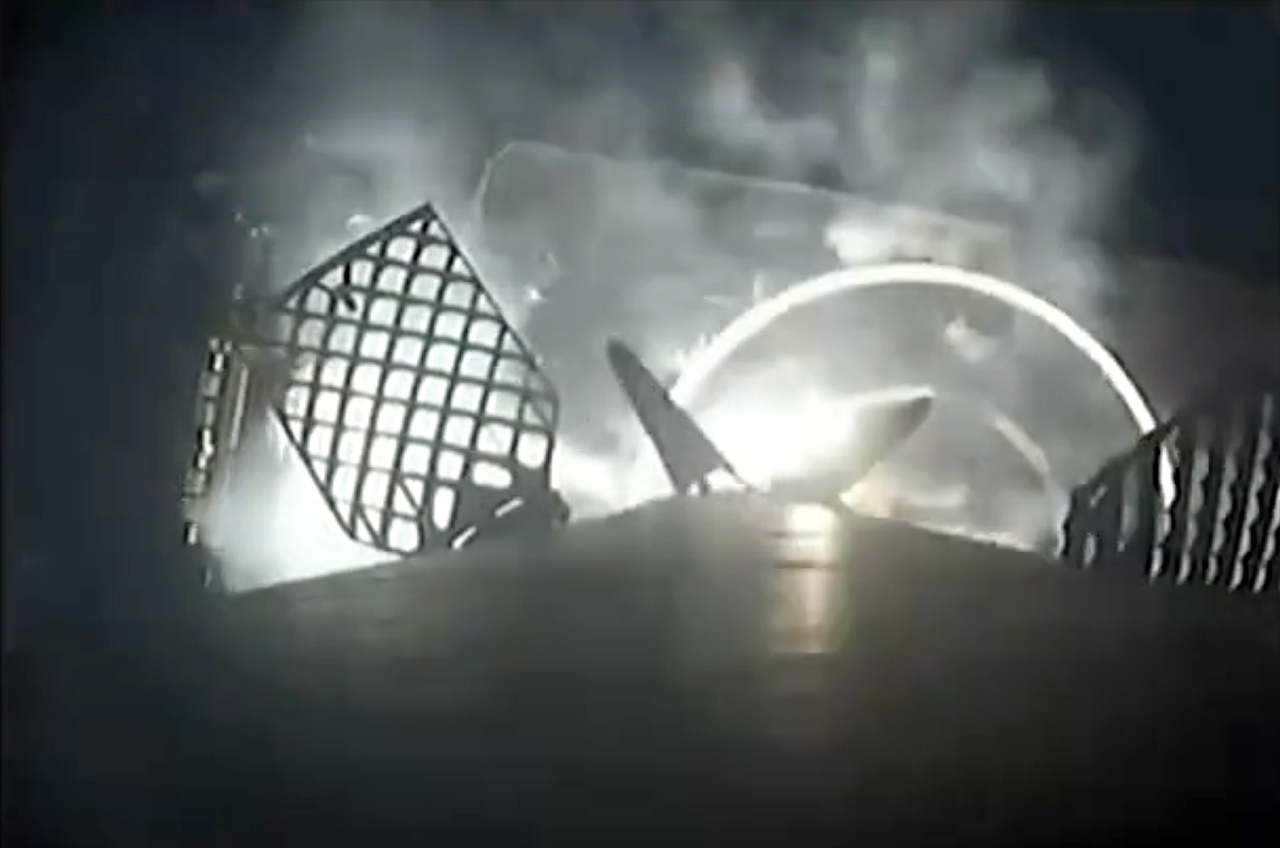SpaceX launched 23 Starlink internet satellites from Florida on Saturday (Nov. 18), on the first of two planned Starlink missions this weekend.
A SpaceX Falcon 9 rocket lifted off from Florida's Cape Canaveral Space Force Station at 12:05 a.m. EST (0500 GMT).
Related: Starlink satellite train: How to see and track it in the night sky

The Falcon 9's first stage came back to Earth for a vertical landing about 8.5 minutes after launch on the drone ship Just Read the Instructions, which was stationed in the Atlantic Ocean.
It was the 11th launch and landing for this rocket's first stage, according to a SpaceX mission description.
The 23 Starlink satellites, meanwhile, will deploy from the Falcon 9's upper stage into low Earth orbit about 65.5 minutes after liftoff.
The launch was the first of two planned Starlink missions this weekend. SpaceX also aims to loft 22 of the broadband satellites from California's Vandenberg Space Force Base on Sunday (Nov. 19) at 1:55 a.m. EST (0655 GMT; 10:55 p.m. local time Nov. 18 in California).
Get the Space.com Newsletter
Breaking space news, the latest updates on rocket launches, skywatching events and more!
And there's other SpaceX action on tap this weekend as well: The company plans to launch the second-ever test flight of its huge Starship rocket on Saturday from its South Texas site, during a 20-minute window that opens at 8 a.m. EST (1300 GMT). You can watch that highly anticipated flight live here at Space.com when the time comes.
Join our Space Forums to keep talking space on the latest missions, night sky and more! And if you have a news tip, correction or comment, let us know at: community@space.com.

Michael Wall is a Senior Space Writer with Space.com and joined the team in 2010. He primarily covers exoplanets, spaceflight and military space, but has been known to dabble in the space art beat. His book about the search for alien life, "Out There," was published on Nov. 13, 2018. Before becoming a science writer, Michael worked as a herpetologist and wildlife biologist. He has a Ph.D. in evolutionary biology from the University of Sydney, Australia, a bachelor's degree from the University of Arizona, and a graduate certificate in science writing from the University of California, Santa Cruz. To find out what his latest project is, you can follow Michael on Twitter.








